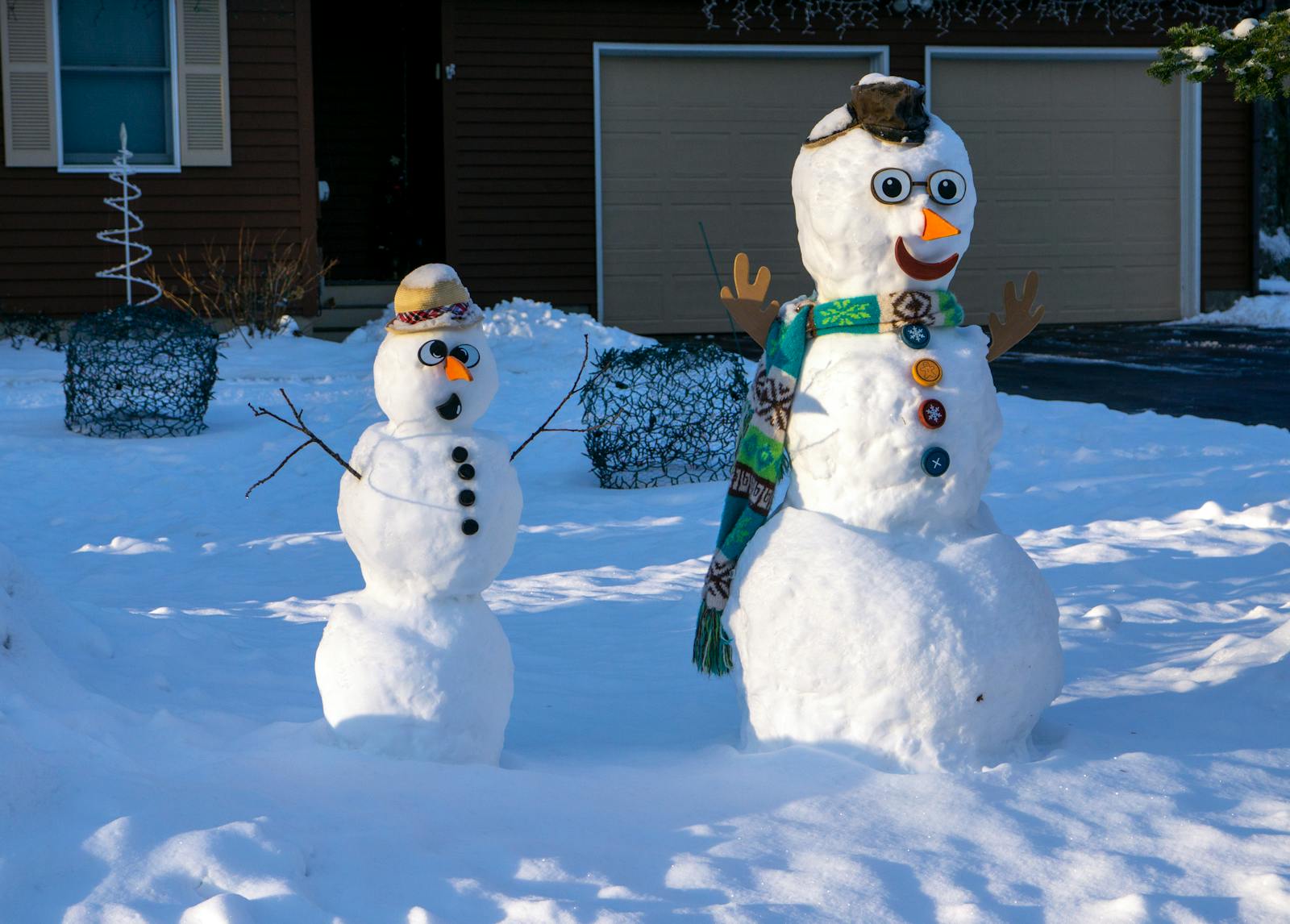Click here to read a short summary of this post.
The holidays can be overwhelming for children with autism, but with preparation and flexibility, you can create a fun and comfortable experience. Use social stories, sensory-friendly decorations, and maintain routines as much as possible. Setting up a quiet space and being flexible with plans can help ensure a positive holiday for everyone.
The holiday season is a time filled with excitement, gatherings, and new experiences. However, for children with Autism, the changes in routine, sensory overload, and social expectations can create unique challenges. As a caregiver, a little planning and flexibility can go a long way in making the holidays an enjoyable and manageable time for your child.
In this post, we’ll share tips to help you prepare for the holidays with an autistic child, ensuring the season is as joyful and low-stress as possible.
Key Takeaways
Keep sensory sensitivities in mind when decorating or attending gatherings.
Stick to routines as much as possible to maintain stability and comfort.
Prepare a safe, quiet space your child can retreat to when needed.
1. Prepare Your Child in Advance
Changes in routine can be overwhelming for children with autism, so preparing your child for holiday events can make a big difference. Discussing what to expect helps them feel more comfortable with new environments, people, and activities.
Preparation tips:
- Use social stories: Social stories can explain what will happen at an event, who will be there, and what activities might take place. This can ease your child’s anxiety by giving them a clear picture of what to expect.
- Create a visual schedule: For longer events, use a visual schedule or checklist to outline the day’s activities. Knowing the sequence of events can help your child feel more in control and comfortable.
- Practice greetings and activities: If your child finds social interactions challenging, practice common holiday greetings or typical scenarios they might encounter. This can build their confidence and make social interactions easier.
2. Be Mindful of Sensory Overload
Holiday decorations, loud music, and unfamiliar foods can create sensory overload for children with autism. Paying attention to your child’s sensory sensitivities can help reduce stress and allow them to enjoy the festivities more comfortably.
Managing sensory overload:
- Choose sensory-friendly decorations: Opt for decorations that are visually appealing but not overwhelming. Avoid blinking lights or loud ornaments if your child is sensitive to these stimuli.
- Bring noise-cancelling headphones: If your child is sensitive to loud sounds, such as music or large crowds, bring noise-cancelling headphones to help them stay calm in busy environments.
- Offer familiar foods: New or holiday-specific foods may be overwhelming for some children. Pack a few of your child’s favorite snacks to help them feel more at ease.
3. Stick to Routines as Much as Possible
During the holidays, it can be challenging to maintain daily routines. However, routines provide comfort and predictability for children with autism, so try to keep their regular schedule intact as much as possible.
Ways to maintain routines:
- Keep consistent meal and bedtime routines: Even if your holiday schedule is different, try to stick to regular mealtimes and bedtimes to provide stability.
- Schedule downtime: Holidays can be full of activities, but it’s essential to allow for downtime. Giving your child breaks to recharge can help them feel less overwhelmed.
- Prepare for transitions: When changing activities, give your child a heads-up with a visual timer or verbal cues. Transitions can be challenging, and advance warning helps them adjust.
4. Prepare a Quiet Space for Breaks
During holiday gatherings, setting up a designated quiet space where your child can retreat when feeling overwhelmed can be incredibly helpful. This space should be calm, quiet, and filled with comforting items.
Creating a calm retreat:
- Choose a low-traffic area: Find a spot that is away from the main activity where your child can have privacy and peace.
- Bring comfort items: Include favorite toys, books, or a blanket in the quiet space to make it feel more secure and soothing.
- Encourage breaks: Let your child know they can take a break whenever they need. Having a dedicated spot to unwind can help them recharge and rejoin the festivities when they’re ready.
5. Set Realistic Expectations and Be Flexible
While you may have a picture-perfect holiday in mind, it’s essential to set realistic expectations and be flexible. Your child’s comfort and happiness are what truly matter, so adjusting plans if necessary can make the holiday experience more enjoyable for everyone.
Tips for flexibility:
- Adjust plans if needed: Be prepared to leave an event early or skip certain activities if your child feels overwhelmed. Going with the flow can help reduce stress for both you and your child.
- Celebrate the small moments: Even if things don’t go as planned, focus on the small victories and positive moments throughout the day.
- Prioritize comfort over tradition: If traditional activities don’t work well for your child, consider modifying them or creating new, sensory-friendly traditions that everyone can enjoy.
Wrapping Up: Making the Holidays Enjoyable for Your Child with Autism
With a little preparation and flexibility, the holiday season can be a joyful time for your child and family. By focusing on sensory-friendly environments, maintaining routines, and creating a safe space for breaks, you can help your child feel supported and happy during the holidays. At Belay On, we’re here to help families create positive experiences every step of the way, no matter the season.
FAQs About Preparing for the Holidays with an Autistic Child
How can I prepare my child for holiday events?
Use social stories, visual schedules, and practice greetings or activities to help them feel more comfortable with the event.
What should I do if my child experiences sensory overload?
Offer noise-cancelling headphones, bring comfort items, and create a quiet space for breaks if your child feels overwhelmed.
How can I keep routines during the holidays?
Stick to regular mealtimes, bedtimes, and allow for downtime to maintain some structure in the midst of holiday events.
What if my child wants to leave an event early?
Be flexible and prepared to adjust plans if needed. Prioritizing your child’s comfort will make the holiday experience more enjoyable for everyone.
How can I make holiday traditions sensory-friendly?
Consider modifying traditions to be less overwhelming or create new ones that suit your child’s unique needs and preferences.
Who is Belay On?
We are a North Texas Autism Services company, providing the best standards of care to children in our community that have been diagnosed with autism. Principally Applied Behavior Analysis, or ABA is the bedrock of our in home services.

